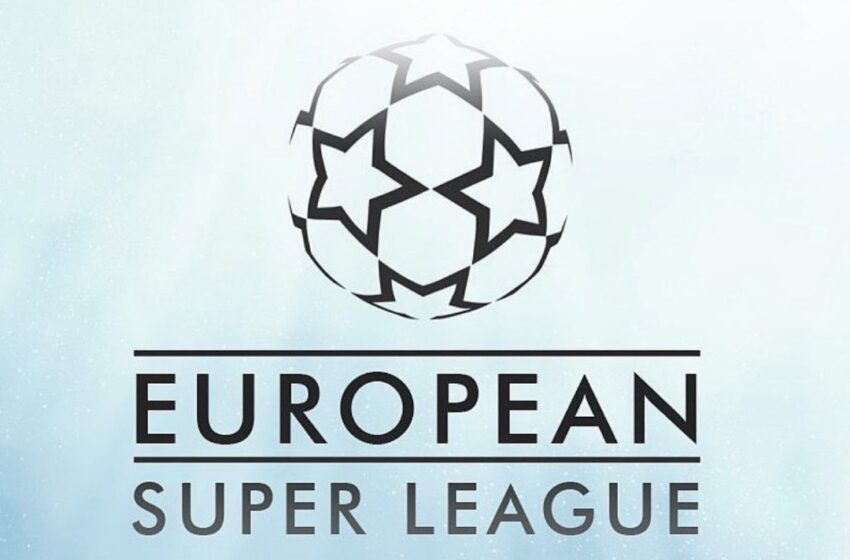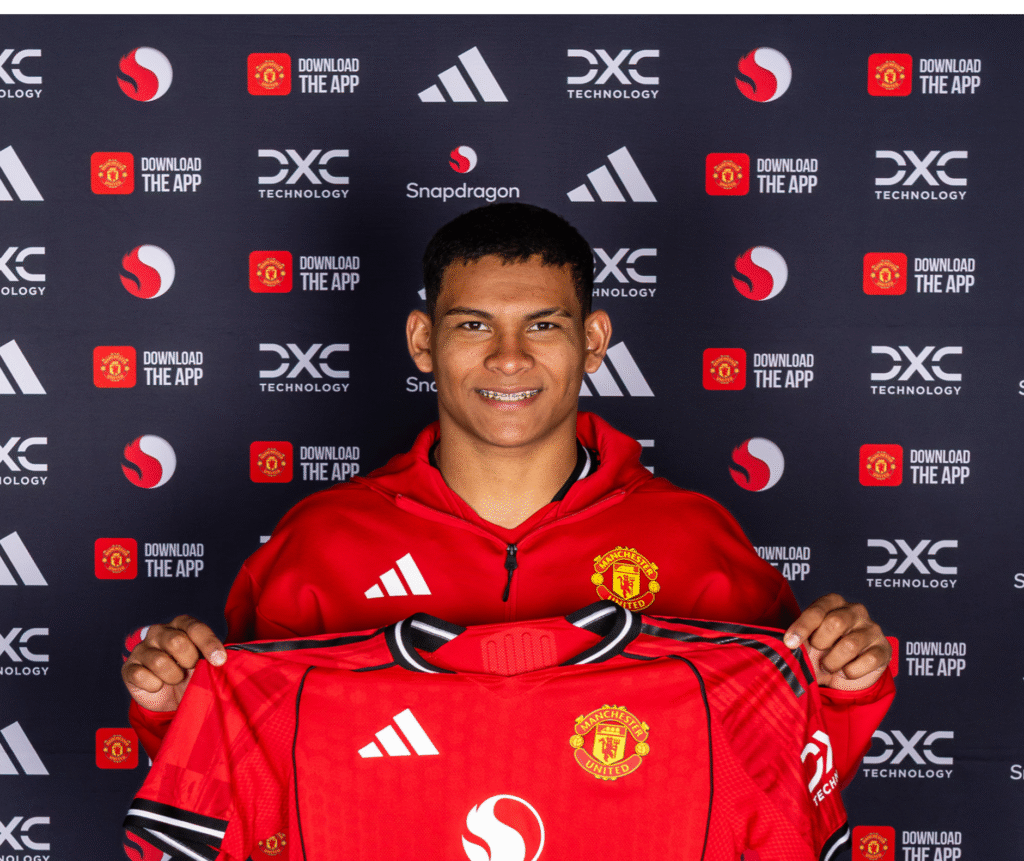How 64 team European Super League will work

A new tournament format for the European Super League (ESL) has been implemented following a court ruling that prevented The Union of European Football Associations (UEFA) from stopping the breakaway competition.
Judges ruled that European Union (EU) law was violated by UEFA regulations that prevented the creation of this competition.
When the original proposal for a European Super League—which featured Barcelona, Real Madrid, juventus, Athlético Madrid, Manchester United, Liverpool, Arsenal, Chelsea, Tottenham, and Manchester City—was revealed in April 2021, it was greeted with intense outrage.
What is different this time around since those plans fell through 72 hours after they were made public?
The competition’s new operational details were disclosed on Thursday morning by Bernd Reichart, chief executive officer (CEO) of A22, the company that organises the European Super League.
Additionally, he reaffirmed that the ESL plans to make all of its games available on their own streaming service for free.
64 European clubs would compete in the group stage, known as the “league stage,” which will be split into three tiers: Star, Gold, and Blue.
Star – the top league – would involved 16 clubs, grouped into two teams of eight.
Gold – the second league – would be the same.
Blue – the third league – would have 32 teams, grouped into four teams of eight.
In the knockout stage, There would be 14 games in a season for each league, seven at home and seven away.
The competition will see eight teams in each tier competing in the knockout stage, with the top four teams from each group in the Star and Gold league advancing to the quarterfinals.
The top two teams in each group would advance to the quarterfinals of the men’s Blue League, which would also feature an eight-team knockout stage.
Quarterfinals and semifinals in every knockout round will be two-leg affairs. The Star, Gold, or Blue champions would be crowned after the winners of each final, which would take place in a neutral venue.
And as for the promotion and relegation in the new super league?
The clubs that place lowest between the two groups in the Star league will be demoted to the Gold league.
The two Gold League winners would advance to the Star League. The two Gold league groups’ bottom teams will be demoted to the Blue league.
The winners of the Blue league would advance to the Gold league. Nevertheless, 20 of the 32 teams will exit the league at the conclusion of their current season, with their replacements determined by how well they perform in their home league.
Regarding teams’ potential promotion to the Blue league, Reichart stated, “At this stage, more dialogue with clubs and leagues is necessary to work out the precise details.”
See also: Man City’s first UCL, Messi’s 8th Ballon D’or… Unforgettable football moments of 2023




